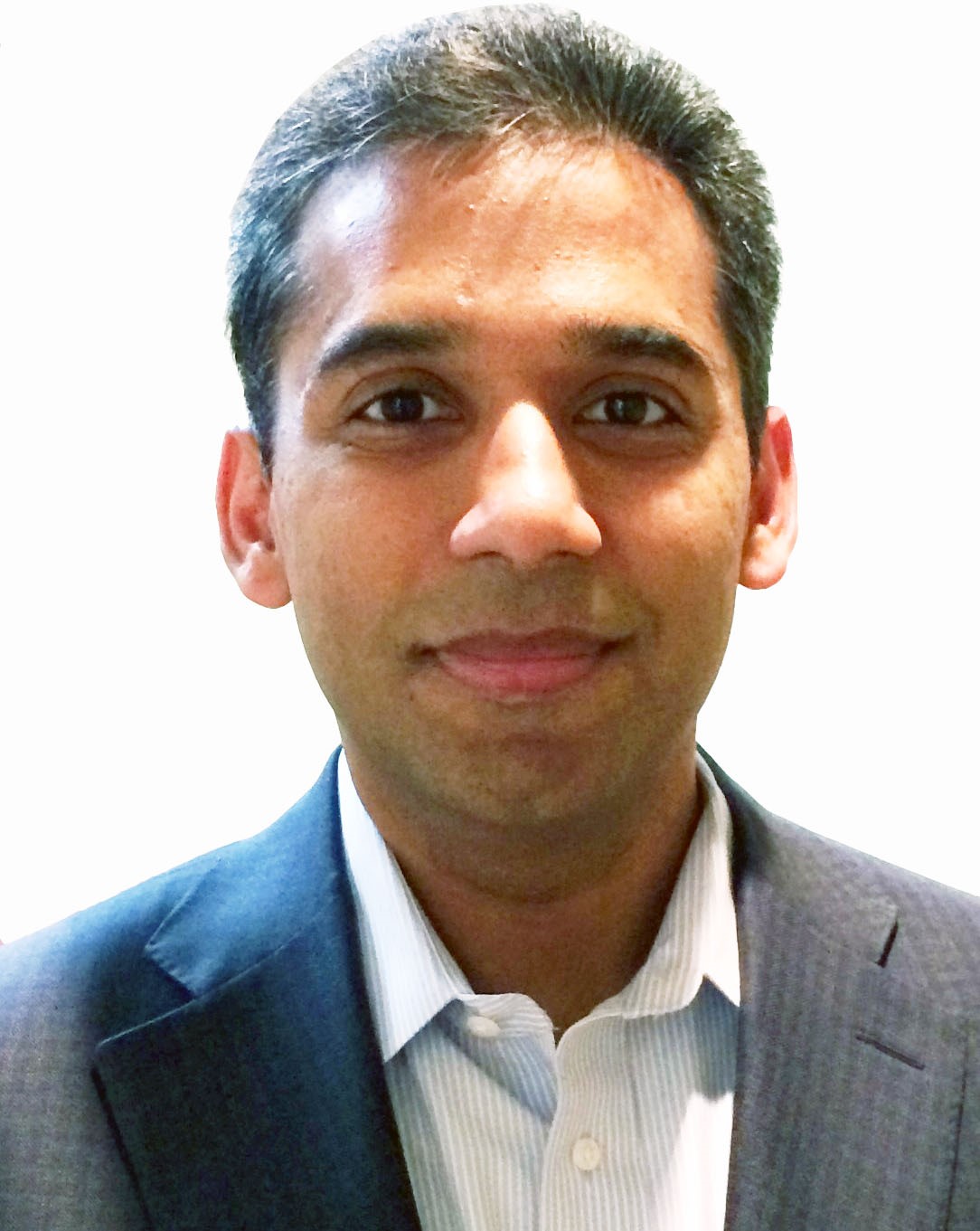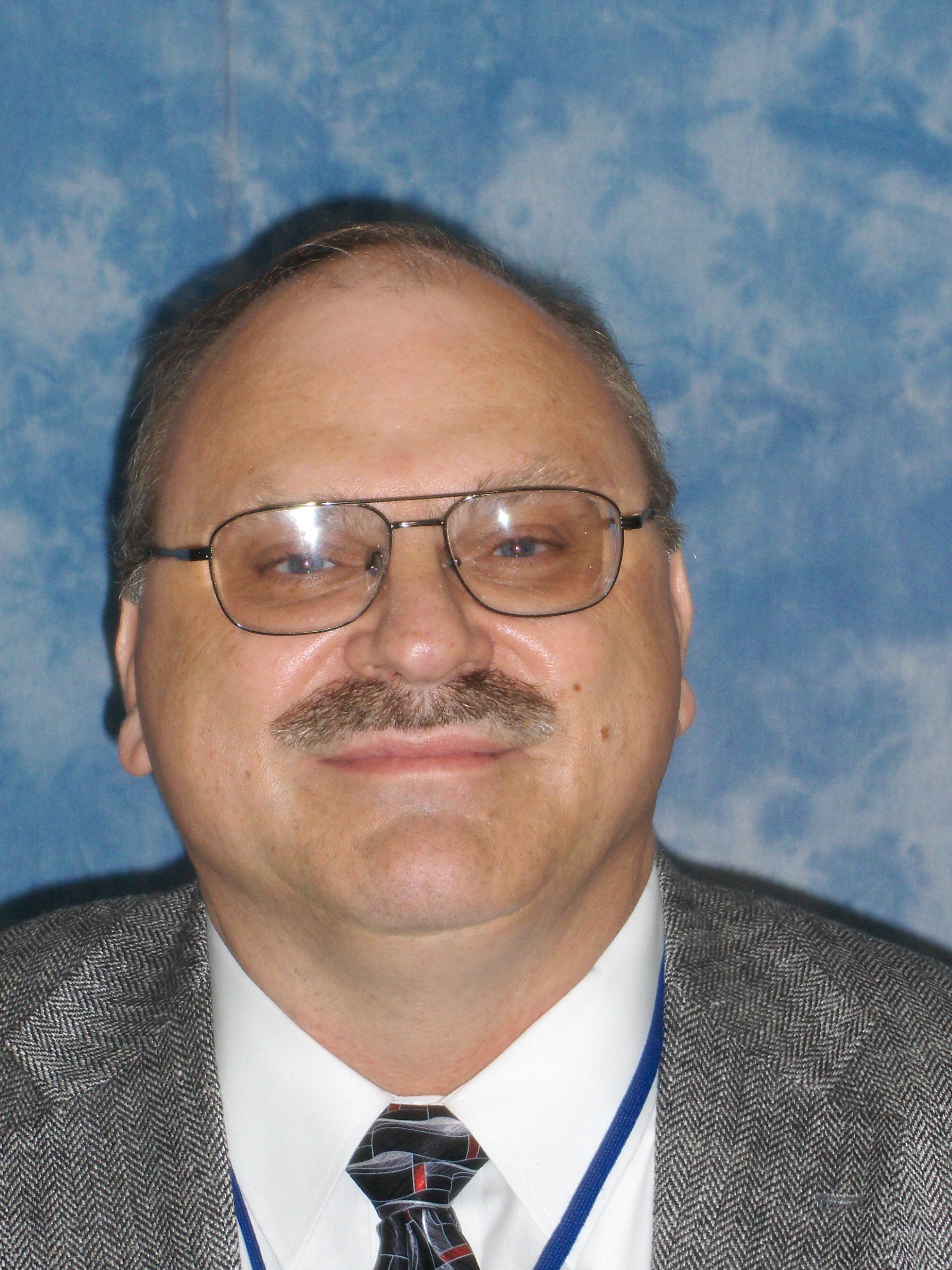
Several years after the end of the U.S. Civil War, Decoration Day was established by a group of Union Veterans who planted flowers on the graves of Union soldiers. In that same year a ceremony was held at what is now Arlington National Cemetery. Flowers were distributed on the graves of both Union and Confederate soldiers.
These ceremonies honoring fallen service members eventually became the modern Memorial Day. Though, many people believe that Memorial Day is a day to honor only active-duty service members who died on the battlefield, it is broader than that. There is no limitation on where that battlefield is or what it looks like: service members and Veterans continue to fight life-threatening battles every day right here on U.S. soil.
According to a Department of Veterans Affairs study, 22 Veterans die each day by suicide. While the exact number is debated in the media, I think all can agree that one death is one too many. Therefore, it is fitting that the Military Mental Health Caucus and the Congressional Mental Health Caucus are hosting a Congressional briefing on Wednesday, May 18, 2016, to educate and inform about innovative programs to help end this tragedy.
Coinciding with both Memorial Day and Mental Health Awareness month, this briefing, Combatting PTSD in Veterans With More than Pills: The Rise of Peer Specialists in the VA, has been organized by Congressman Tim Ryan (D-OH). It is open to Members of Congress, their staff, the media and the general public.
Unique opportunity to educate about peer specialists
While there have certainly been many Congressional briefings on both the state of mental health in the country and on Veterans’ healthcare, what makes this briefing different is its singular focus on the role of the peer specialist—individuals with a lived experience of recovery from mental health and/or substance use disorders.
Peer specialists are trained and certified to work as an integral part of the mental health treatment team. To date, the Veterans Health Administration (VA) has employed over 1,100 trained and certified peer specialists who work in VA hospitals and facilities. These professionals help their peers gain hope and move forward in their own recovery by providing peer support services. This evidence-based model of care can be delivered one-on-one or in a group setting. Research reveals that individuals utilizing peer support services experience the following benefits:
- improved relationships with health care providers,
- better engagement in care, and
- increased ability to manage their symptoms.
The evidence also demonstrates reductions in:
- expensive inpatient service use, and
- recurrent psychiatric hospitalizations for patients at risk for readmission.
A panel of experts from the VA and the Depression and Bipolar Support Alliance (DBSA) will carry this message to Members of Congress and staffers. Expected to present are:
- Jeffrey Burk, Ph.D., National Mental Health Director for Psychosocial Rehabilitation and Recovery Services in Mental Health Services in VA Central Office. With nearly 30 years of service to the VA, Dr. Burk has demonstrated leadership in embracing mental health care with a focus on the needs of the individual. Today, Dr. Burk oversees the transformation of the VA mental health services to a recovery model.
- Lisa C. Goodale, Peer Support Services, Vice President, DBSA. Ms. Goodale directs DBSA’s nationally-recognized Veteran peer specialist training and consultation initiatives. She managed the organization’s contract with the VA to train and certify Veteran peer specialists now working at VA facilities and hospitals nationwide.
- Todd Harwood, Certified Peer Specialist, Goose Creek Clinic, Ralph H. Johnson VA Medical Center. A combat veteran of the United States Army serving in the 82nd Airborne Division, Mr. Hartwood had tours in Iraq and Afghanistan. As a peer specialist, he promotes recovery-oriented practices in individual and group interventions.
CFYM applauds events like these as a way to inform mental health public policy decision makers on the value integrating peer specialists has on the overall health and wellness of Veterans.
For many of our service members, the battle does not end when they come home. Creating opportunities for more accessible mental health care through innovative treatment options can only help reduce the 1,300 suicide deaths, attempts and reports of serious ideation that are reported per month to VA suicide prevention coordinators.
This Memorial Day, as we pause with millions of Americans for the National Moment of Remembrance let us include all service members who have died on all the battlefields in the pursuit of freedom and peace.
Your Turn
- How have you experienced peer support services?
- How would you recommend peer support services be integrated into the delivery of mental health care?








Connect With Us